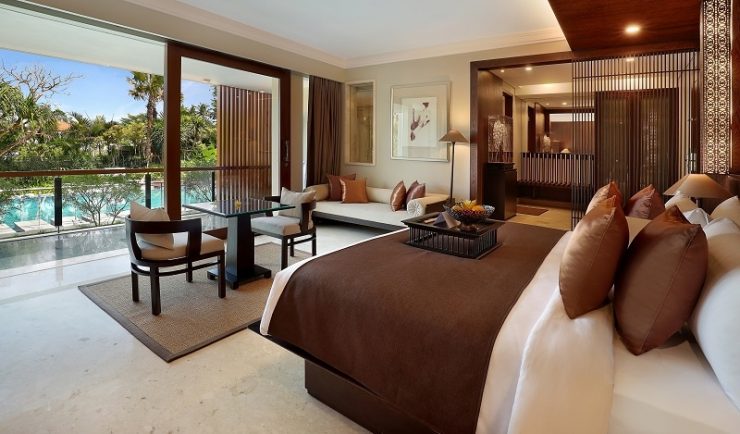THE DENPASAR local government assessed that the number of permanent hotel closures in the city was mostly carried out by local entrepreneurs.
Based on data from the Denpasar Tourism Office, there are 16 accommodation businesses that are permanently closed, consisting of 11 non-star hotels, 2 tourist lodges, and three villas. In addition, there are 141 accommodation businesses that are temporarily closed, consisting of three-star hotels, 70 non-star hotels, 32 tourist lodges, and 36 villas. In total, there are 551 accommodation businesses in Denpasar, consisting of 49-star hotels, 316 non-star hotels, 90 tourist lodges, and 96 villas.
According to the Head of the Denpasar Tourism Office, A. Dezire Mulyani said the hotel, which is permanently closed, has the possibility of being sold. Of the 16 accommodation businesses that were closed, most were confirmed to be owned by local entrepreneurs. However, he could not confirm the percentage of local and foreign-owned accommodation businesses that were closed.
“The sale of the hotel is also considered not to affect the tourism recovery process. The reason is, the hotel will be purchased by entrepreneurs with more qualified financial capabilities. Later, when tourism reopens, these hotels will also be ready to open,” said A. Dezire Mulyani.
Dezire Mulyani explained that everything was waiting for the market, the arrival of domestic and foreign tourists. Waiting for the policy of the central government to open the door for foreign tourists. Hotel purchases and sales are also part of a very mature business plan.
“It is unlikely that the purchased hotel will be converted into another accommodation. Of course, entrepreneurs have a mature business plan before buying a hotel. Because the physical form and supporting facilities are ready, it’s just a matter of activation,” she said.
Based on data from the Bali Indonesian Hotel and Restaurant Association (PHRI), quoted from a Bank Indonesia report, there are 48 hotels that have been sold as a form of the impact of COVID-19 on hotels and restaurants. Of the 48 hotels sold, the most were in Badung with 41 hotels.
The rest, as many as 4 hotels are in Denpasar and 3 hotels are in Gianyar. Meanwhile, based on the category, most are in the four-star hotel category with a total of 19 hotels. Then, 14 three-star hotels, eight five-star hotels, and 7 two-star hotels.
Likewise a tourism observer from Udayana University, I Nyoman Sunarta said assessed that the sale of assets in the form of hotels was carried out because there was no uncertainty about how to handle it until the end of the pandemic. Bali, which was previously a pilot project for opening international gates, is not sure about resolving COVID-19 cases.
“It’s like the market doesn’t believe in the pandemic conditions in Bali, continues with taking asset sales policies. It doesn’t matter if there is a transfer of hotel functions in the sale of assets in Bali. In fact, selling these assets will support the era of Bali which prioritizes quality-based tourism. Moreover, the trend tourists to Bali in the future will no longer look for big hotels,” Nyoman Sunarta elaborated.
He concluded, this is an opportunity to introspect what is wrong with Bali tourism, I see this as natural selection. Quantity [number of tourists] is no longer a guarantee. [bisnis.com/photo special]
















